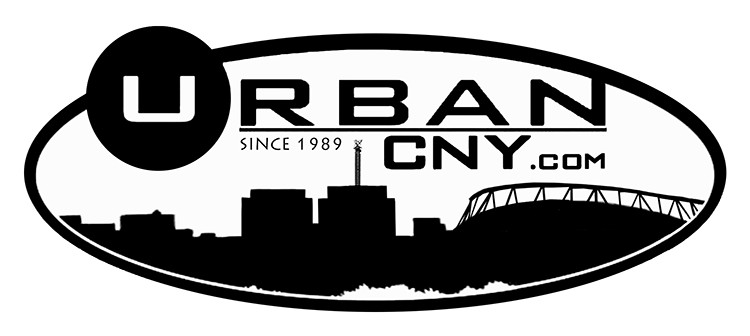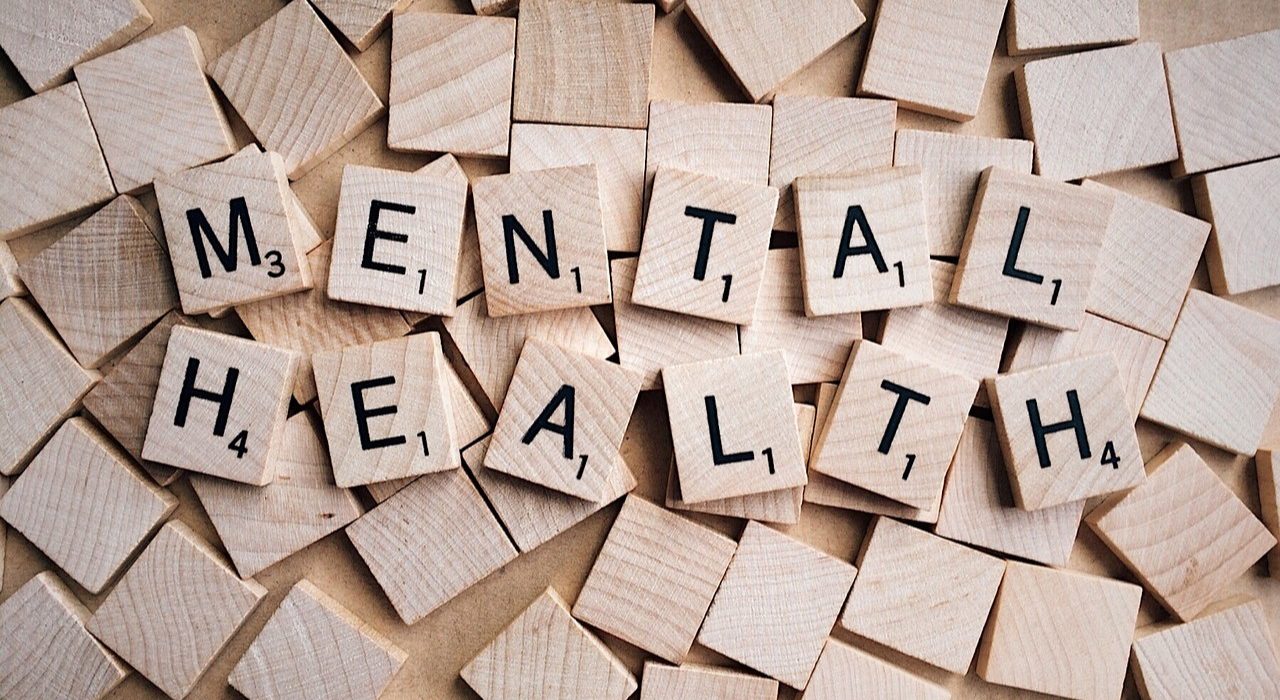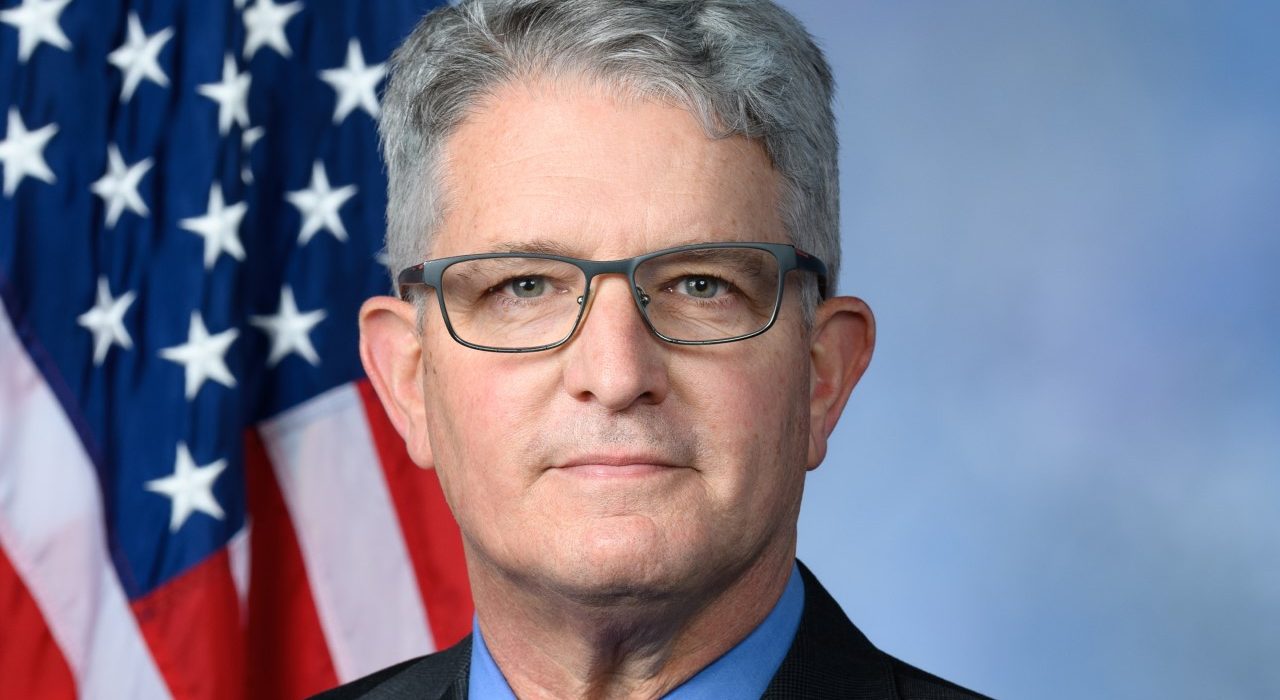Attorney General James Uncovers Major Problems Accessing Mental Health Care through Insurance Companies
New OAG Report Finds that Insurers’ Directories of Mental Health Providers are 86 Percent Inaccurate, Exacerbating Mental Health Crisis Report Follows Two Mental Health Hearings Held by AG James and Provides Recommendations to Increase Access to Care New York – New York Attorney General Letitia James on December 7th, released a comprehensive report clearly demonstrating that health insurance companies are failing to offer adequate access to mental health care, exacerbating the mental health crisis in New York. The Office of the Attorney General (OAG) surveyed nearly 400 mental health providers listed on health plans’ networks and found that the overwhelming majority, 86 percent, were “ghosts,” meaning they were unreachable, not-in-network, or not accepting new patients. Inaccurate network directories are worsening the statewide mental health crisis and disproportionately impact marginalized communities, leading to adverse health outcomes, and increasing costs for patients. Today’s report follows Attorney General James’ mental health hearings across the state and offers recommendations to increase access to mental health care. “No one who reaches out to mental health professionals listed by their insurance company should be told that the providers are unreachable, not accepting their insurance, or not accepting new patients,” said Attorney General James. “Our state is facing a mental health crisis, and this report clearly shows that insurance companies are failing to help New Yorkers in need. By not maintaining accurate directories as required by law, health plans are making it harder for New Yorkers, especially the most vulnerable among us, to get mental health care and forcing them to delay or forego the care they need. I am calling on health plans to rapidly address this problem and help us tackle the mental health care crisis.” Attorney General James held mental health hearings in New York City and Buffalo in June 2022 and January 2023 to help highlight the crisis impacting residents throughout the state. In both hearings, more than 100 patients and providers described a broken system. Parents told OAG they spent months trying to find a provider through their insurance plan but could not find one, which led to their children experiencing worsened conditions. Following the hearings, OAG staff conducted a statewide review of 13 health plans: Aetna, CDPHP, Cigna, Emblem, Empire BlueCross BlueShield, Excellus, Fidelis, Healthfirst, Independent Health, MetroPlus, Molina, MVP, and UnitedHealthcare. Callers attempted to schedule an appointment for an adult or child with a mental health provider who was listed as accepting new patients. Of the 396 providers called across all plans, only 56 providers, or 14 percent of those contacted, offered appointments. 86 percent of the listed, in-network mental health providers staff called were ghosts, as they were unreachable, not in-network, or not accepting new patients. Impact of “Ghost Networks” on New Yorkers New Yorkers struggling with mental health conditions rely on health plan provider directories to access affordable, quality health care services. However, when provider directories contain inaccurate listings or unavailable providers — known as ghost networks — patients may be unable to access treatment using their health insurance benefits. As a result, they are forced to choose between paying out-of-pocket, which is not possible for many, or forgoing treatment altogether. Ghost networks are particularly harmful to New York’s most vulnerable residents, including low-income individuals, people of color, individuals with disabilities, and women, who are least able to afford the cost of out-of-network care. At the OAG mental health hearing in Buffalo, a Black parent from Rochester testified about her struggle to find appropriate and culturally responsive care for her child, describing a tangled and deeply inequitable system. Because they were unable to find appropriate care, she and her child endured eight to 10 psychiatric emergency room visits, more than 15 mental hygiene arrests, and countless referrals, meetings, and six-month wait lists over three years. At the OAG mental health hearing held in New York City, a woman provided testimony that after treatment for depression in the emergency room at Bellevue Hospital, she was told that she would be referred to a therapist in a clinic that would accept Medicaid. However, she could not access treatment with any of the providers to whom she was referred, as they either did not return her calls or had long waiting lists. A mother provided testimony that she was unable to obtain in-network treatment for her elementary school-age child, who suffers from Attention Deficit Hyperactivity Disorder. In 2022 a mother filed a complaint with OAG that she was unable to find an in-network psychiatrist who could provide psychotherapy for her 14-year-old Black son, who suffers from major depression and attention-deficit disorder. Carelon, which administers mental health benefits for the mother’s insurer, EmblemHealth, gave her a list of eight in-network providers. She called all of them, but none were accepting new patients, provided both psychiatry and psychotherapy, or were culturally competent to treat a patient of color. After OAG intervened, the plan entered into a single-case agreement with an appropriate provider. These cases reported to OAG demonstrate the real barriers New Yorkers face in accessing a mental health care provider because insurers are not maintaining up to date directories. OAG Recommendations To address this crisis and ensure that New Yorkers with mental health conditions have access to affordable and necessary treatment, major action is needed. State agencies must propose regulations for network adequacy for mental health and substance use disorder treatment services by December 31, 2023. The OAG report recommends that: Adopting these recommendations can significantly increase access to needed mental health care. This report is part of Attorney General James’ ongoing efforts to address the mental health care crisis across New York. Attorney General James held two public mental health care hearings in New York City and Buffalo to hear directly from impacted New Yorkers. In October, Attorney General James and a bipartisan coalition of 32 attorneys general filed a federal lawsuit against Meta for harming young people’s mental health and contributing to the youth mental health crisis. Also in October, Attorney General James led a coalition of 18 attorneys













